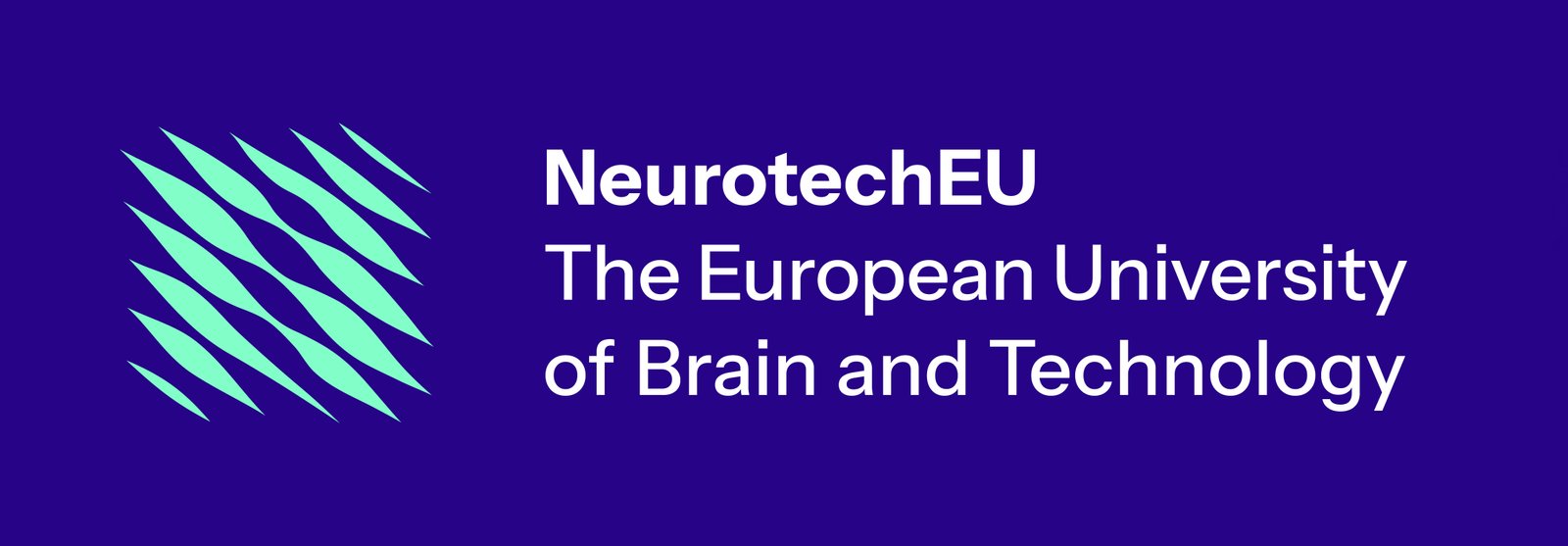Meet Nicolas Geoffre, Synapse Coordinator and Advocate for Student Engagement!
With a background in European university alliances and over a year and a half of dedicated work in the NeurotechEU Student Council, he’s no stranger to the challenges — and opportunities — of cross-institutional collaboration. After being involved in founding a local Student Council at his previous university, Paris-Saclay, Nicolas was eager to continue this kind of engagement at ULille. As Lille was a new partner in the NeurotechEU alliance, he quickly became a student representative, helped recruit new students, and began laying the foundation for the local Synapse team. A few months ago, he took on a new challenge — running for and becoming the Synapse Coordinator within the Student Council.

Why did you decide to become part of the NeurotechEU Student Council leadership?
My previous experience with student councils played a big role. I had already helped build a local Student Council at Paris-Saclay, my former university. So, when I arrived at Lille, I looked for a way to stay involved in European university initiatives. As Lille had just joined NeurotechEU, I saw an opportunity to contribute.
After about a year, I had become a student representative and started recruiting other students. I also began developing the local Synapse team. Then, three months ago, I ran for Synapse Coordinator during the elections.
Where was your previous experience in a Student Council?
I was part of EUGLOH (European University Alliance on Global Health) during my time at Paris-Saclay, which was one of the founding partners of that alliance — similar to how Radboud is for NeurotechEU. It was fascinating to be involved in those early stages.
Coming to Lille was a very different experience — the alliance was already well underway. So it’s been an interesting challenge to help Lille find its place within such a large, established structure.
What do you think you can offer students in this role?
The Synapses usually operate independently at each university, with less frequent interaction across institutions. Meanwhile, the Student Council works at a European level, making organizational decisions and representing student voices across the alliance. My role is to connect these two layers.
As Synapse Coordinator, I act as a liaison — attending international meetings, like those with the Board of Rectors, and helping local Synapses feel more connected to the broader vision of the alliance.
Do you think students generally know what the Student Council does?
Honestly, only the students already involved in the Synapse or the Student Council are really aware of it. That’s why one of the key missions of the Synapse is to raise awareness about what the Student Council does and to promote NeurotechEU in general.
If you could change one thing within the alliance to benefit students, what would it be?
I think we’re heading in the right direction — more and more students are getting involved, and the current Student Council is diverse and well-staffed with students from different academic and cultural backgrounds.
But communication can always be improved. We need to do more to showcase what we’re doing — both the council’s work and the broader projects of NeurotechEU. Events, visibility campaigns, and better promotion are all crucial.
What are some of the concerns the Student Council is currently focusing on?
There’s strong student representation in every part of the alliance — from Work Packages to high-level boards — which is great and reflects the European Commission’s mandate to include students. However, one of our biggest internal challenges is turnover, as new members often arrive without full context at the first meetings, and it takes time to get up to speed.
It can also be daunting to speak up in meetings full of experienced voices. That’s why adaptability and confidence are so important — and why continuity and mentorship among the Council members matter so much.
What do you feel you personally bring to the alliance?
I bring continuity and experience. Since my studies are relatively long, I’ll be around for a while, which helps provide some stability within the Student Council. I can support newer students in getting involved and help them become more active in their roles. That kind of onboarding and mentorship can make a real difference.
What are your main goals for this term as Synapse Coordinator?
Locally, I’ve focused on building a strong Synapse team at Lille. We now have a functional structure with a local Synapse Manager and members working on communication and event management. Our first major local event is currently in preparation.
Internationally, we’ve already had our first meeting as Synapse Managers, where we shared good practices and discussed what each team is working on. I’m particularly excited about the speech contest we’re organizing for September — it’s shaping up to be a major project.
What do you find most challenging about your role?
Time management is definitely the biggest challenge — juggling local meetings, Student Council responsibilities, and organizing Board of Rectors sessions is a lot to handle. But the rewards are equally big.
Through this role, I’ve had the chance to meet students, staff, and professors from across Europe — and experience different cultures (and food!). NeurotechEU is about more than just education; it’s about building bridges and creating something meaningful across borders.
It’s inspiring to see that happen and know that I’ve played a part in it.

